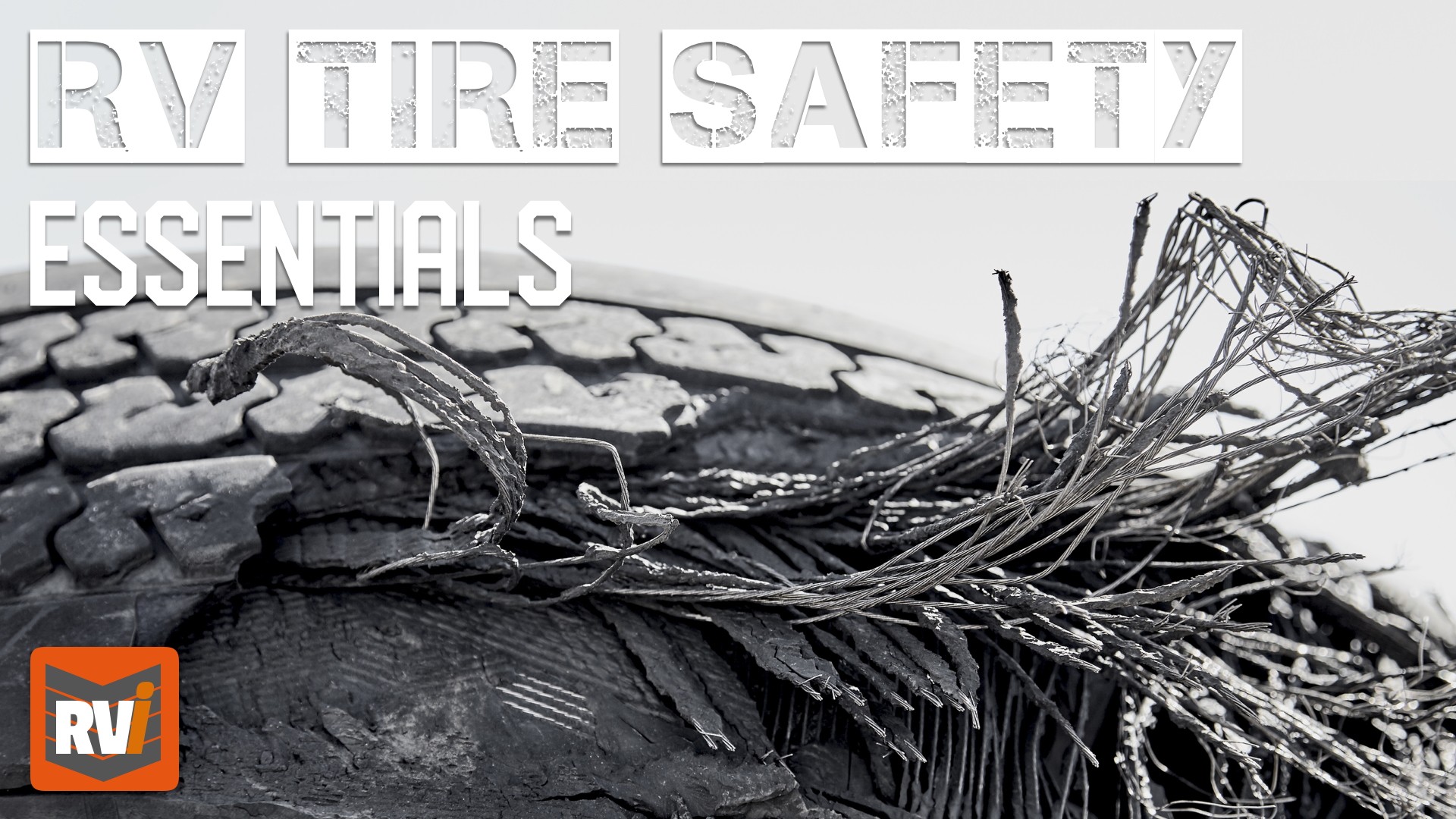
As avid RVers, there's nothing better than a successful adventure with no issues! Unfortunately, we often find ourselves consumed by the ominous mental "checklist" we go through to make sure everything (and everyone) is going to be safe once we hit the road. One of the fears we sometimes can't seem to shake is our tires and what could happen if there were any issues.
With that in mind, here are a few things to consider before takeoff so you can travel worry-free!
1. Tire Pressure (cold and hot)
The first item to check is fairly straightforward, but essential nonetheless. It is crucial not to over or under-inflate your tires. Incorrect pressure can lead to less tire tread actually contacting the road, too little tread can create dangerous driving conditions. When tires can’t grip the road, you could potentially lose control of your vehicle.
Also be aware that tire's air pressure increase as temperature goes up. As you drive down the road your tires are rubbing against asphalt, this generates a fair amount of friction - and friction creates the heat that makes your tire pressures increase.
Be sure to always inflate to your tires while they're "cold" to the manufacturer's recommended pressure threshold. "Cold" meaning the tires haven't been driven on in an extended period of time - typically you should wait at least 2 hours after driving before checking cold pressure.

2. Tire Wear
Aside from properly inflating each of your RV tires, you'll want to take a close look at the tread and overall wear of your tires. This will alert you of any issues with inflation and/or overheating, or simply the age of your tires. The general rule of thumb is to change your RV tires anywhere between three and six years, depending on how frequently you travel.
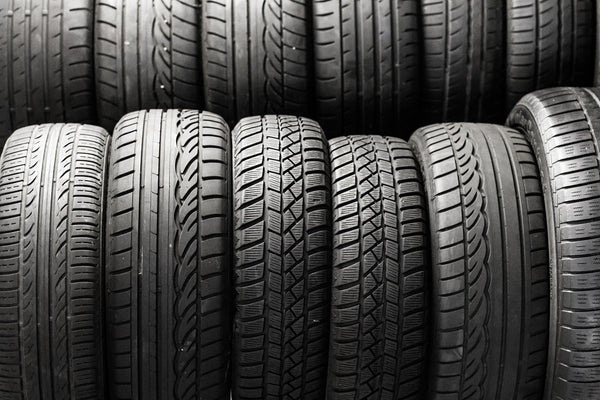
3. Road Hazards & Emergencies (TPMS)
If you're like most RVers, you've probably considered adding a Tire Pressure Monitoring System to your rig. This is the best way to be immediately alerted of any issues or danger with your tires. Especially steer and dually tires, which can be very difficult to detect a flat and/or slow leak due to its companion tire carrying its weight.
This video covers whether or not you REALLY need a TPMS.
Popular RV TPMS' Compared

Don't Risk It!
There are plenty of things we can do to prepare for our next RV adventure, but the unexpected happens from time to time. For that reason, we created Tire Patrol: a tire monitoring system that allows you to monitor up to 14 tires on a single, touch-screen display.

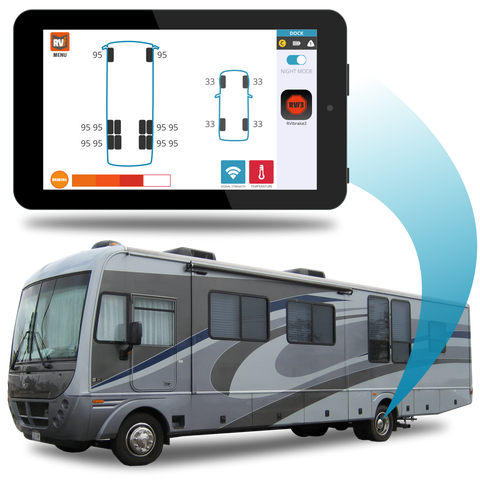





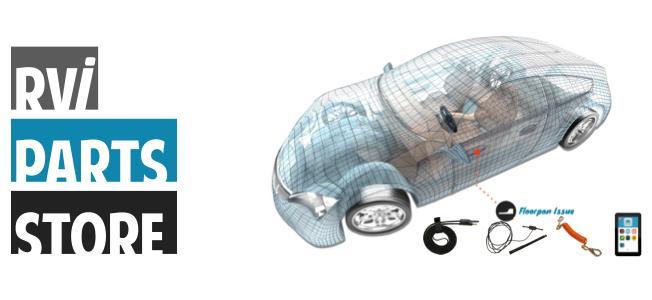
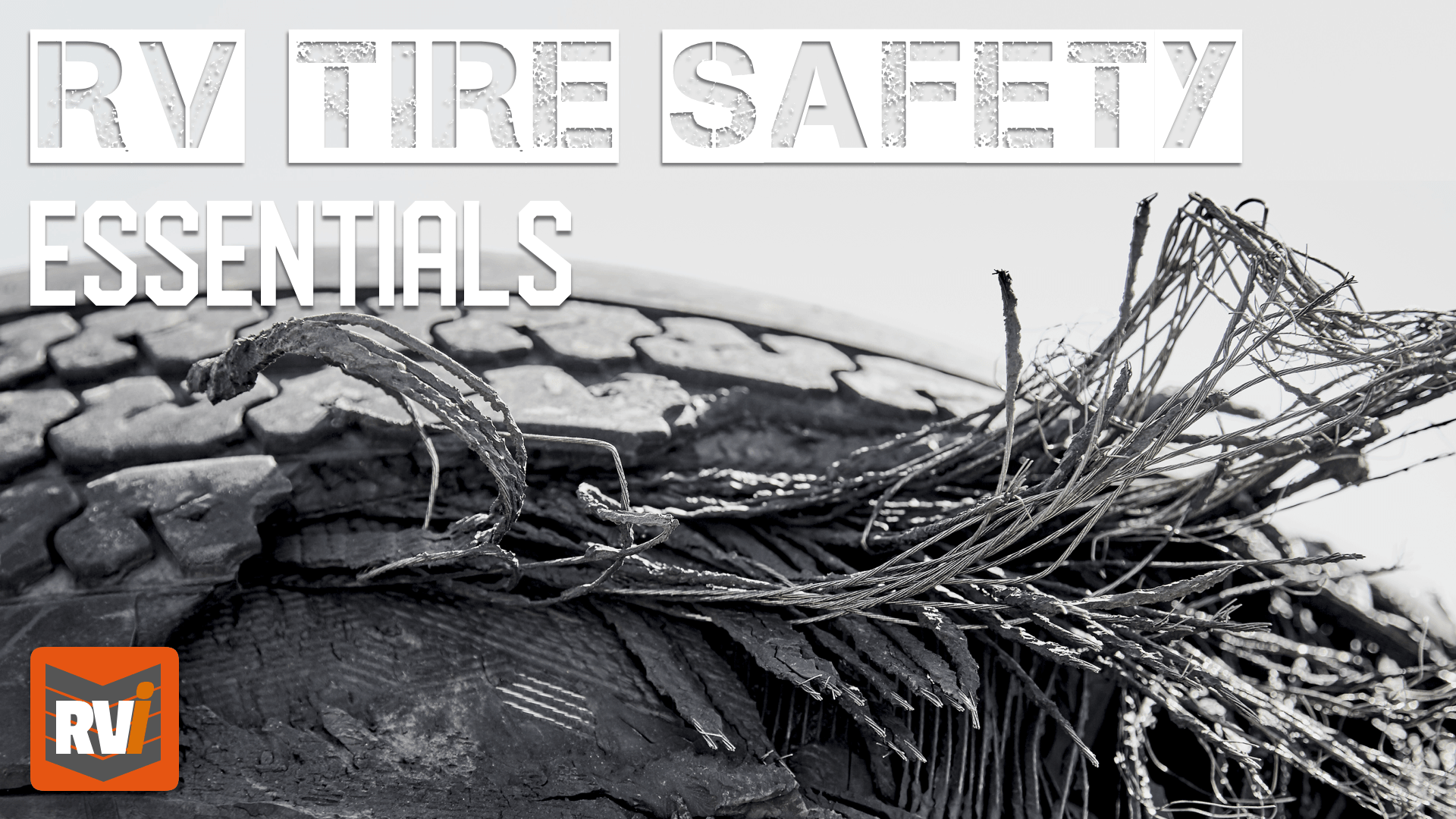

Since RVs are often parked for many months, some people place jacks under the axles to raise the tires enough to remove all weight. Maintaining tire pressure during “mothballed” months helps to avoid weak spots on the sidewall. Also important, is that tires need to be replaced on a maximum of 6-10 years as the rubber does deteriorate over time due to sunlight and exposure to the atmosphere. It’s a good idea to have your RV tires inspected by a tire dealer to verify condition before travel.
What happens when the sensor batteries run down? Can the batteries be replaced or do I have to replace the sensors?
They stand behind there product. They have help me about 3 times with problems that I was having
Leave a comment